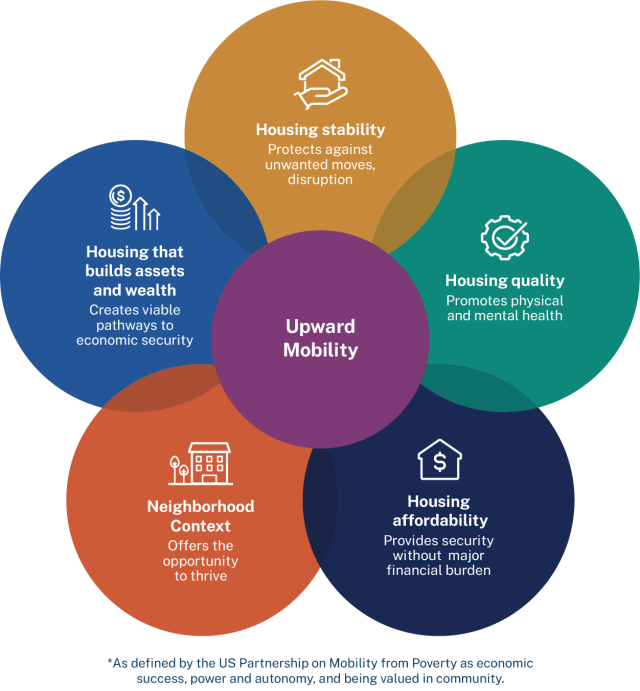Diversity, equity, and inclusion in education have been hot topics, with the Supreme Court weighing in on the role of applicants’ race in college admissions. But, with or without affirmative admissions, we’re never going to achieve educational equity if we don’t tackle residential segregation and its relationship to school assignment and school funding.
Following historic Supreme Court rulings in the 1950s and 1960s that deemed school segregation unconstitutional, school districts were forced to employ a variety of integration strategies over the next few decades. A 2020 UCLA report showed that these efforts resulted in peak school integration in 1988, but that “school segregation is now more severe than in the late 1960s.”
School desegregation efforts haven’t been durable because we have failed to tackle the root cause: residential segregation.
Residential segregation is the undone work of the civil rights movement. “Segregation in housing is the way you can accomplish segregation in every aspect of life,” said Pulitzer Prize-winning journalist Nikole Hannah-Jones in an interview with Vox's Sean Illing.
“Housing segregation means that certain jobs are located in certain communities, that certain grocery stores are located in certain communities; it determines where parks are located, if streets are repaired, if toxic dump sites are built nearby,” said Hannah-Jones. “Segregation accomplishes so many other inequalities because you effectively contain a population to a geographic area and suddenly all the other civil rights law don’t matter.”
The Housing Bundle
In partnership with the Urban Institute, Enterprise Community Partners identified an interconnected set of housing conditions called the “housing bundle” (illustration below) that help households to achieve success, well-being, and mobility from poverty.

The bundle is comprised of housing quality, housing affordability, housing stability, and housing that builds assets and wealth, all in a neighborhood context that meets the household’s needs.
Because we have limited where Black people can live, we have made it nearly impossible for many people across the country, particularly people of color, to access the full housing bundle.
The Link Between Residential and School Segregation
Enterprise has embarked on a new partnership with the Urban Institute to explore the historic and present-day interdependencies between residential and school segregation, along with the policies and practices that perpetuate racial separation and inequitable outcomes.
In a new publication funded by Enterprise, “Integrating Housing and Education Solutions to Reduce Segregation and Drive School Equity,” the Urban team draws a through-line between discriminatory housing practices and school inequities. In predominantly Black and brown communities, institutions, including schools, have suffered from public and private disinvestment.
The brief identifies strategies some districts use to address school segregation, including rezoning, school choice, district consolidation, and regionalism. Housing strategies to address school segregation, like affordable housing development and housing mobility, are also discussed in the brief.
The federal government employs grant programs like Fostering Diverse Schools and Magnet Schools Assistance to encourage state and local education agencies to pursue these strategies. The federal government also incentivizes communities to clear the way for more housing opportunities through the Pathways to Removing Obstacles to Housing (PRO Housing) grant program, accepting applications now through October 30, 2023.
The Power of Housing and Education Partnerships
To make truly meaningful and lasting change in educational equity, housing policymakers must work with school districts to tackle housing segregation. These types of efforts should ideally happen in concert, rather than separately, in any given community.
Housing and education partnerships can lay the groundwork so that their communities are prepared to take advantage of federal grant programs. The new brief from the Urban Institute explains steps that school districts and housing policy makers can take together and tools they can utilize to tackle housing segregation and achieve educational equity.
Enterprise supports housing and education partners in communities around the country to develop shared strategies to support equity and upward mobility. We look forward to identifying and supporting more promising practices to dismantle segregation.
Alexa Rosenberg is senior director of Upward Mobility national programs at Enterprise Community Partners. Megan Gallagher is principal research associate in the Metropolitan Housing and Communities Policy Center and the Center on Education Data and Policy at the Urban Institute.
